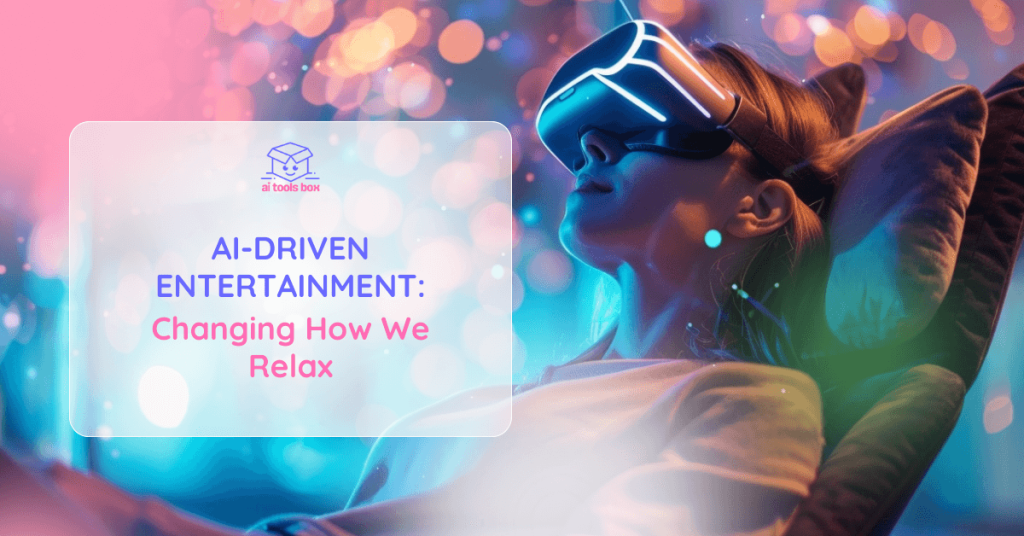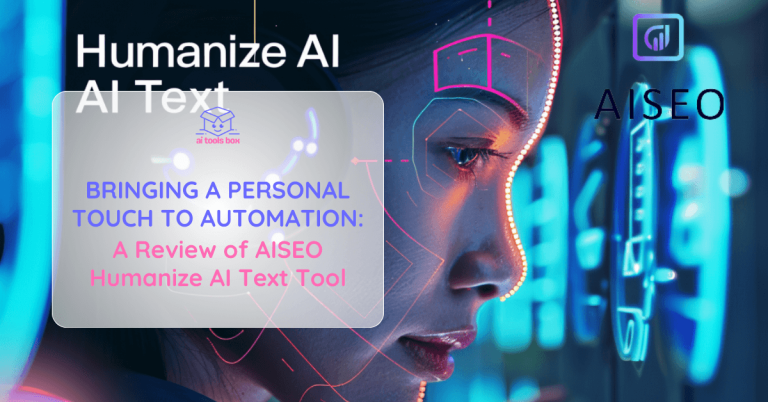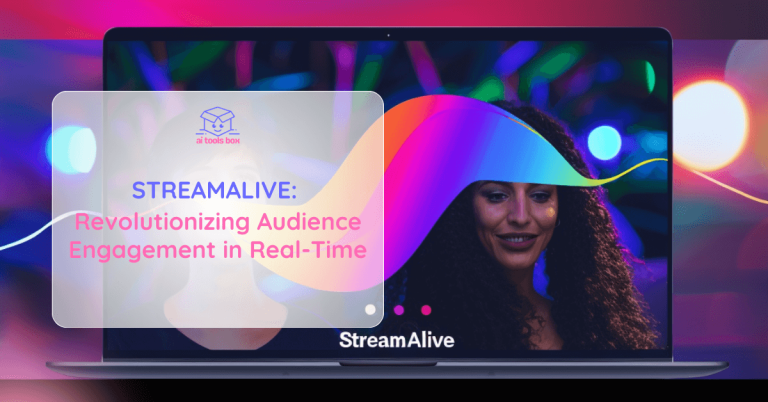In recent years, the integration of artificial intelligence (AI) into various sectors has been profound, with the entertainment industry being one of the most significantly transformed. This transformation is not merely about technological enhancement but also about reshaping the very way we engage with media and entertainment. AI's influence spans from personalized streaming services to sophisticated gaming experiences, altering our leisure activities to an unprecedented degree.
Overview of AI-Driven Entertainment
Artificial intelligence now plays a pivotal role in entertainment, influencing both content creation and content delivery. Streaming platforms utilize AI to analyze viewing patterns, offering recommendations tailored to individual tastes. In gaming, AI enhances realism and interactivity, providing a more engaging experience for players. The fusion of AI with traditional entertainment mediums has not only enhanced the quality of user interactions but has also made them more engaging and personalized.

Importance and Impact of AI Technologies
The impact of AI on entertainment is multifaceted, affecting everything from the backend processes of content recommendation algorithms to the frontend user experience. AI technologies enable content providers to understand and predict consumer preferences with remarkable accuracy, leading to increased user satisfaction and loyalty. Furthermore, AI's ability to process and analyze large datasets ensures that new content is both innovative and in line with current trends, thereby supporting creative processes and marketing strategies.
AI in Streaming Services
The realm of streaming media has undergone significant transformations with the advent of artificial intelligence. Services like Netflix, Hulu, and Amazon Prime have evolved beyond mere platforms for watching television shows and movies. They now function as intelligent systems that personalize the viewing experience by learning from user behavior and preferences.
The AI-Enhanced Viewing Experience
AI algorithms play a critical role in enhancing the viewing experience. By analyzing vast amounts of data, including past viewing history, ratings provided by viewers, and even the specific times shows are watched, these algorithms can predict what a viewer might enjoy next. This predictive capability not only makes content discovery seamless but also keeps viewers engaged with the platform.

Personalization Techniques: Streaming services utilize machine learning models to curate personalized watchlists for users. These models consider various factors such as genre preferences, viewing times, and previously watched content to create a tailored viewing experience that resonates with each individual.
Content Recommendation and Viewer Engagement
AI extends its influence beyond simple recommendations. It is instrumental in driving viewer engagement and retention. For example, by analyzing viewer interactions and feedback, AI helps platforms determine which series should be renewed or what type of new content to develop. This not only ensures that the platforms adapt to viewer preferences but also helps in strategizing future content creation.
Viewer Analytics: Detailed analytics provided by AI tools help streaming services understand viewer habits more intricately, which in turn aids in the creation of content that is more likely to succeed and satisfy viewers.
Case Studies: AI-Driven Entertainment Success Stories
Netflix's decision to produce “House of Cards” was largely based on data-driven insights from their AI systems, which indicated a strong viewer preference for similar genres and themes.
Additionally, Spotify uses AI to create personalized playlists such as “Discover Weekly,” which reflect users' listening habits and introduce them to new music they are likely to enjoy. These examples highlight how AI not only enhances the user experience but also plays a crucial strategic role in content distribution and production.
The Rise of AI Gaming
The gaming industry has experienced a significant overhaul with the implementation of artificial intelligence, changing how games are developed, played, and experienced. This shift towards AI-enhanced gaming offers players not just more realistic interactions but also environments that are dynamically responsive to their actions.
Enhancing Gaming Experiences with AI
Modern video games use AI to create environments that are incredibly lifelike and engaging. AI algorithms control non-player characters (NPCs), making them smarter and more reactive. This makes the gameplay experience more immersive as NPCs can adapt their strategies and responses based on the player's actions, thereby enhancing the realism of the game.
Dynamic Interactions: In titles such as “The Last of Us” and “Red Dead Redemption 2” NPCs exhibit complex behaviors and can interact with the player in ways that are deeply responsive and nuanced, making each playthrough uniquely challenging.
Intelligent Gameplay and Adaptive Challenges
AI's role extends beyond character behavior. It also shapes game scenarios and environments in real time, adjusting the difficulty based on the player’s performance. This adaptive difficulty system ensures that the game remains challenging for both novices and experienced gamers, enhancing overall engagement and satisfaction.
Customized Gaming Experiences: These AI-driven adjustments help maintain a balanced difficulty level, preventing frustration among less experienced players and boredom among veterans, thereby catering to a wide audience effectively.

Popular AI-driven Games and Their Impact
Games like “Alien: Isolation” showcase the capabilities of AI in creating intelligent adversaries that learn from the player's tactics and adapt accordingly. Additionally, AI-driven procedural generation in games like “No Man’s Sky” provides players with an almost infinite variety of worlds to explore, each generated uniquely by AI, pushing the boundaries of what games can achieve.
Innovative Game Design: These advancements illustrate how AI is not just enhancing existing gaming frameworks but is also paving the way for new types of gaming experiences that were previously inconceivable.
Personalized Ai-Driven Entertainment Experiences
In today’s entertainment landscape, AI’s role is pivotal in delivering personalized experiences that cater to the unique preferences of each user. This individualization of content is transforming how we interact with media, making every engagement more relevant and enjoyable.
AI's Role in Curating Personalized Content
AI algorithms excel in analyzing vast amounts of data, including users' viewing habits, search histories, and interaction patterns (like pauses and plays). This data allows AI to understand and predict what content will most appeal to each user, enhancing the personalization of experiences across various platforms.
Deep Learning Insights: By utilizing advanced machine learning techniques, AI can offer recommendations that are increasingly precise and aligned with individual preferences, ensuring that every recommendation is likely to be well-received.
Enhancing User Engagement and Satisfaction

The personalized content powered by AI does more than entertain—it deepens engagement. Users are more likely to remain on a platform that consistently delivers content that aligns with their tastes. This not only increases the time spent on the platform but also boosts overall user satisfaction and loyalty.
Targeted Content Delivery: AI’s ability to deliver tailored content helps platforms stand out in a crowded market by delivering a unique user experience that can’t be easily replicated by competitors.
The Future of Personalized Entertainment
As AI technology continues to evolve, the future of personalized entertainment looks even more promising. AI is expected to deliver not only content that users will enjoy but also to predict when they would like to consume it, optimizing the timing of content delivery for peak engagement.
Interactive and Adaptive Media: Looking forward, we can anticipate more interactive media formats, such as stories that adapt to choices made by the viewer in real-time, offering a truly personalized narrative journey.
Challenges and Ethical Considerations in AI-Driven Entertainment
While the integration of AI into entertainment offers numerous benefits, it also presents significant challenges and raises important ethical questions. Addressing these concerns is crucial for the responsible development and implementation of AI technologies in this sector.
The Complexity of Implementing AI
Implementing AI within entertainment platforms involves considerable complexity. Developing sophisticated AI algorithms that accurately predict and cater to individual preferences requires extensive data and advanced machine learning models. This complexity often translates into high costs and substantial technical demands, posing a barrier particularly for smaller entities.
Resource Intensive Processes: The need for large datasets and powerful computing resources can make AI integration daunting and expensive, limiting its accessibility to larger, more financially robust companies.
Privacy Concerns and Ethical Implications
The use of AI to analyze personal data such as viewing habits and preferences introduces significant privacy concerns. There is a delicate balance between personalization and privacy, and maintaining this balance is essential to ethical AI implementation.
Data Sensitivity: Ensuring the protection of user data and adhering to privacy laws is paramount. Platforms must be transparent about how data is used and provide users with control over their own information.
Risk of Perpetuating Biases
AI systems are only as unbiased as the data they are trained on. If the underlying data contains biases, AI can inadvertently perpetuate and amplify these biases, affecting the diversity and fairness of content recommendations and decisions.
Mitigating Biases: It is crucial for companies to use diverse and representative data sets and to regularly audit their AI systems for bias, implementing corrective measures when necessary.
Navigating the Challenges: Potential Solutions
To address these challenges, the industry must establish robust data privacy policies and ethical guidelines for AI use. Transparency in how data is collected, used, and shared is critical. Additionally, there should be ongoing discussions about the ethical implications of AI in entertainment, ensuring a balanced approach that respects user privacy and promotes fairness.
Ethical AI Frameworks: Developing AI models that prioritize data privacy and user consent, investing in unbiased and diverse training datasets, and creating industry-wide standards for ethical AI use are essential steps toward mitigating these challenges.
Future of AI-Driven Entertainment
As we look ahead, the potential for AI in the entertainment industry is vast, promising even more personalized and immersive experiences. The continued evolution of AI technologies is set to further redefine the landscape of leisure and entertainment, blurring the lines between digital and physical experiences and creating new possibilities for user engagement.
Predictions for AI’s Role in Entertainment
The advancement of AI is likely to lead to an even greater emphasis on personalization, with AI not only recommending content but also actively participating in its creation. We can expect AI-generated music, virtual reality experiences, and even movies tailored to individual preferences, enhancing the overall user experience and creating uniquely personal entertainment options.
Emerging Technologies: The integration of AI with other emerging technologies like augmented reality (AR) and virtual reality (VR) will further enhance the interactive capabilities of entertainment, providing richer and more engaging experiences that were previously unimaginable.
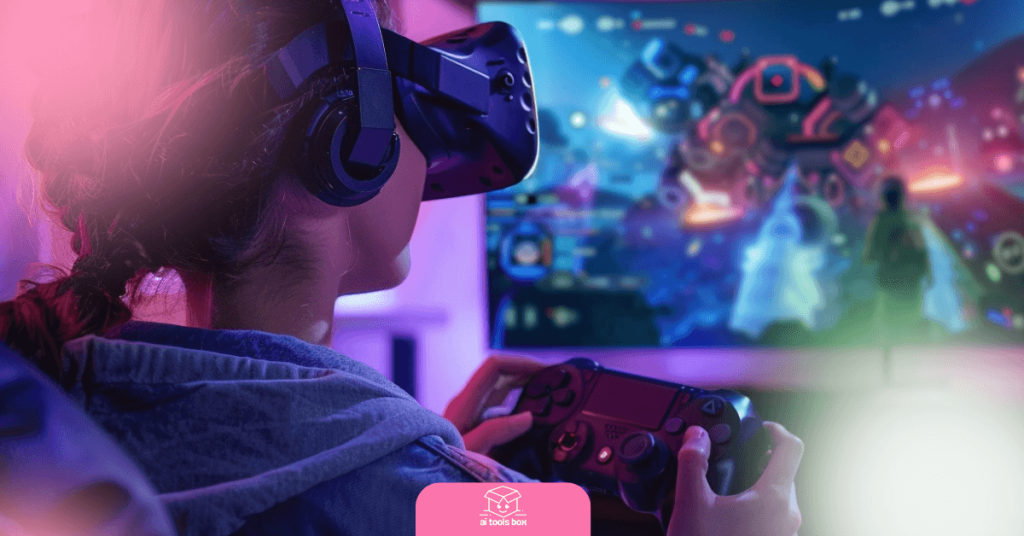
New Formats and Technologies on the Horizon
AI is paving the way for innovative entertainment formats such as interactive storytelling, where narratives evolve based on the viewer’s decisions. This format, which has been experimented with in productions like Netflix’s “Black Mirror: Bandersnatch,” allows for a highly personalized storytelling experience that could redefine narrative conventions in the digital age.
Real-Time Interaction: Future developments may include AI characters capable of interacting with users in real-time, offering dynamic and responsive experiences that adjust to the user's emotional and physical inputs.

Transformative Impact on Leisure Time
The advancements in AI technologies are poised to transform leisure time by providing more engaging, personalized, and varied entertainment options. This transformation, however, requires consumers to navigate an increasingly complex digital landscape, balancing the benefits of AI-driven content with the need for privacy and ethical considerations.
Consumer Adaptation: As entertainment becomes more technologically driven, consumers will need to become more adept at managing their digital interactions, understanding the implications of their data usage, and advocating for ethical practices in AI development.
Conclusion
Throughout this exploration of AI-driven entertainment, we have uncovered the profound impact AI is having on how we relax and enjoy our free time. From personalized streaming services that understand our preferences better than we do, to AI gaming that challenges and enthralls us with intelligent, dynamic gameplay, AI is reshaping the entertainment landscape in fundamental ways.
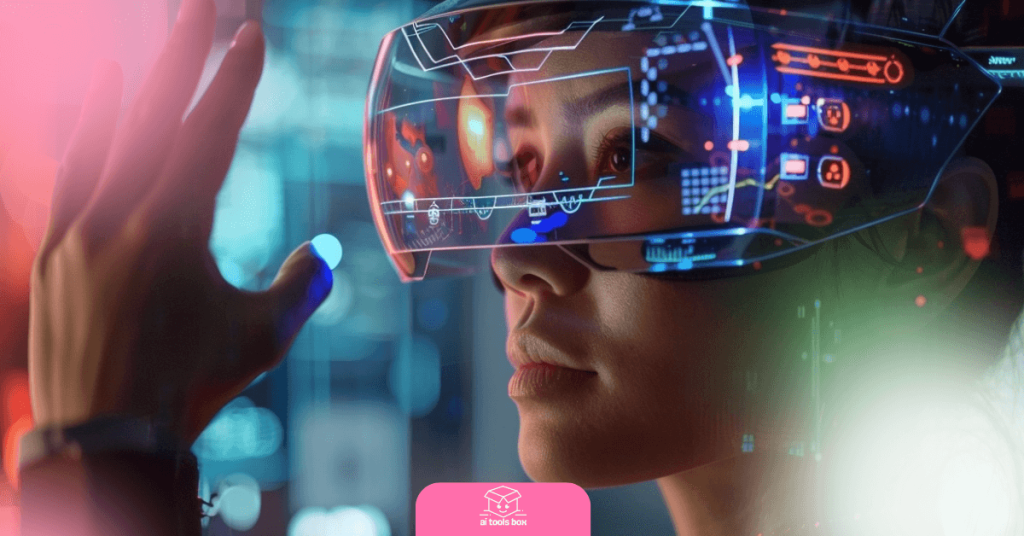
AI has not only revolutionized the technical aspects of streaming services and gaming but has also transformed how we interact with content, making our leisure time more enjoyable, personalized, and immersive. As we gaze into the future, the possibilities of AI in entertainment are limitless, promising even more personalized, immersive, and interactive experiences. For those intrigued by the continuous evolution of AI and its applications in our leisure activities, diving deeper into the emerging technologies like AR and VR, which are set to collaborate with AI, would be a fascinating next step.
AI-driven entertainment is not just a technological advancement; it's a new way of experiencing joy and relaxation, tailor-made for every individual. This is just the beginning of how AI will continue to transform our lives, making our downtime more engaging and fulfilling.
